Enhancing Internet Stability with Advanced Root DNS Servers Technology

When we type a web address into our browser, we expect the site to load instantly, but have you ever wondered how it all works behind the scenes? At the heart of this seamless experience are Root DNS Servers. These crucial components of the internet’s infrastructure play a vital role in translating human-friendly domain names […]
Understanding DNSKEY Record Importance in DNSSEC for DNS Security

In the vast world of the internet, ensuring our online interactions are secure and trustworthy is paramount. One crucial component in this digital security landscape is the DNSKEY record. This often-overlooked element plays a vital role in the DNSSEC (Domain Name System Security Extensions) protocol, which protects our domain name system from various threats. But […]
Understanding the Importance of Key Signing Keys KSK in DNS Security

In the digital age, securing our online interactions is more critical than ever. One of the cornerstones of internet security is the Key Signing Key (KSK), a vital element in the Domain Name System Security Extensions (DNSSEC). But what exactly is a KSK, and why should we care about it? Understanding KSKs can help us […]
Successful Applications and Benefits of CAA Record in Aviation and Domain Security

In the ever-evolving world of aviation, the Civil Aviation Authority (CAA) plays a crucial role in ensuring safety and efficiency. One of the key elements in their oversight is the CAA record, a comprehensive repository of data that tracks everything from pilot certifications to aircraft maintenance logs. Understanding this record is essential for anyone involved […]
How to Troubleshoot and Configure AAAA Record for Seamless IPv6 Connectivity

In the ever-evolving landscape of the internet, understanding how our devices connect to websites is crucial. One key component in this process is the AAAA record, a vital part of the Domain Name System (DNS) that ensures smooth communication in the modern web. As we shift towards IPv6 to accommodate the growing number of internet-connected […]
Understanding UDP Protocol for Fast and Efficient Data Transmission
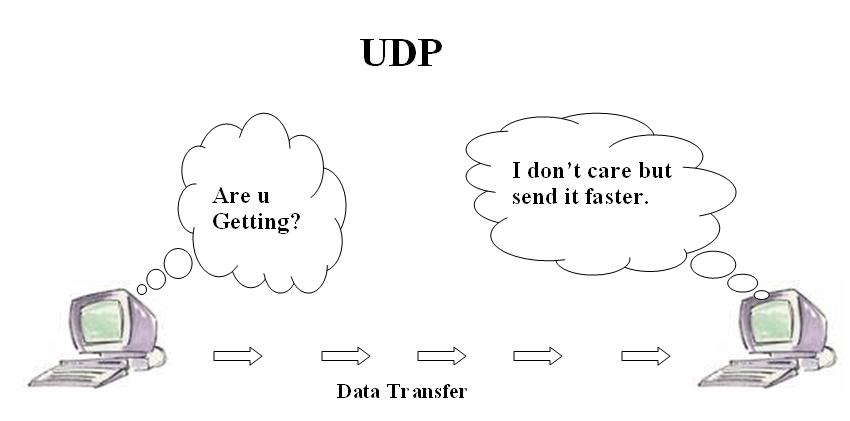
In the vast world of networking, the UDP protocol stands out for its simplicity and speed. Unlike its more complex sibling TCP, UDP (User Datagram Protocol) doesn’t bother with establishing a connection before sending data. This makes it the go-to choice for applications where speed trumps reliability, like online gaming, streaming, and real-time communications. We […]
Understanding MX Record Configuration Troubleshooting and Best Practices
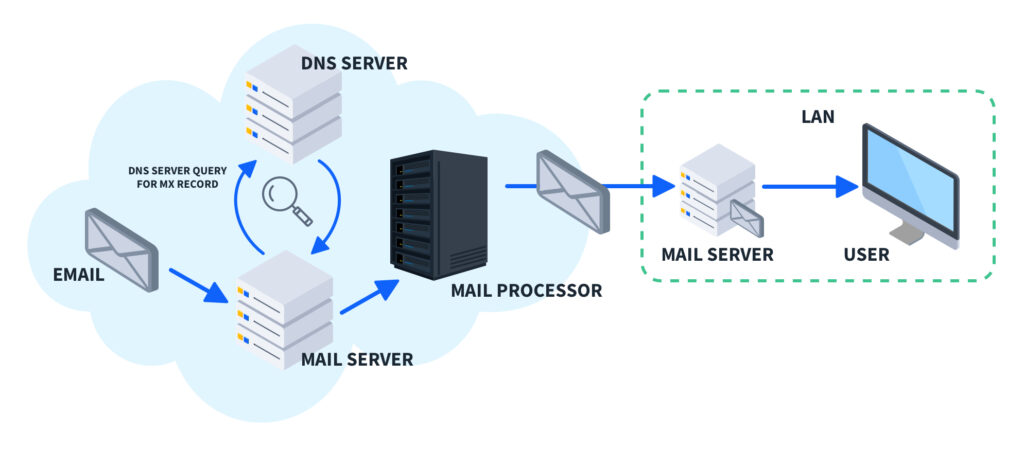
In the world of email communication, MX records play a crucial role in ensuring our messages reach their intended destinations. These Mail Exchange records are a type of DNS record that directs email traffic to the correct mail servers. Without them, our emails would wander aimlessly in cyberspace, never finding their way to the recipient’s […]
Understanding the TCP Protocol and Its Importance in Modern Internet Communication
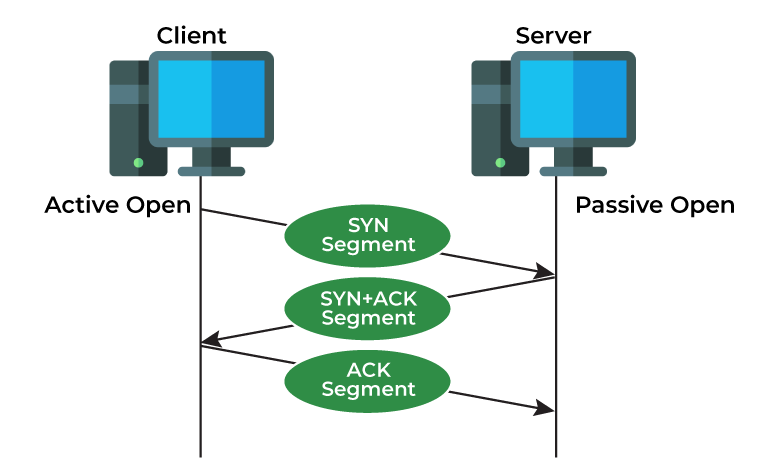
In the vast digital landscape, where data zips across the globe in milliseconds, the TCP protocol stands as a fundamental pillar of modern communication. We often take for granted how our emails, streaming videos, and web pages load seamlessly, but behind the scenes, TCP ensures that data packets reach their destination reliably and in the […]
Understanding RRSIG Key to Enhanced DNS Security and Data Integrity
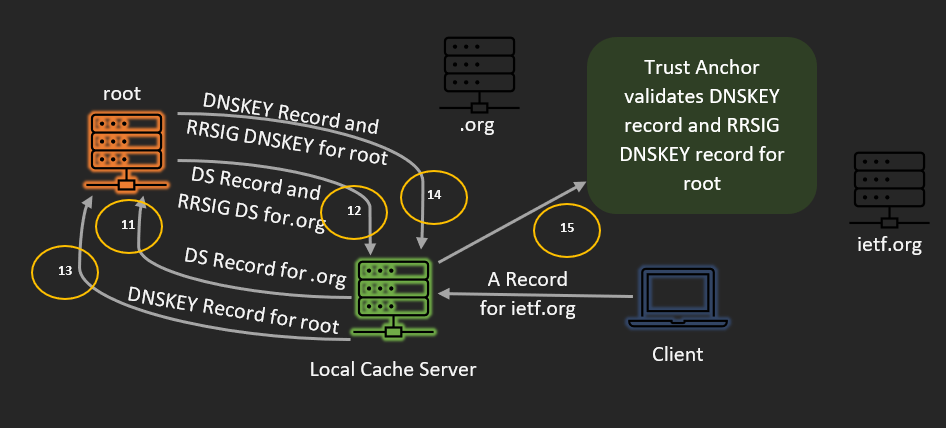
Ever wondered how our online queries remain secure and trustworthy? Enter RRSIG, a crucial component of DNSSEC (Domain Name System Security Extensions). RRSIG stands for Resource Record Signature, and it plays a pivotal role in ensuring the integrity and authenticity of DNS data. By using digital signatures, RRSIG helps us verify that the information we […]
SPF record guide improve email security and prevent domain spoofing
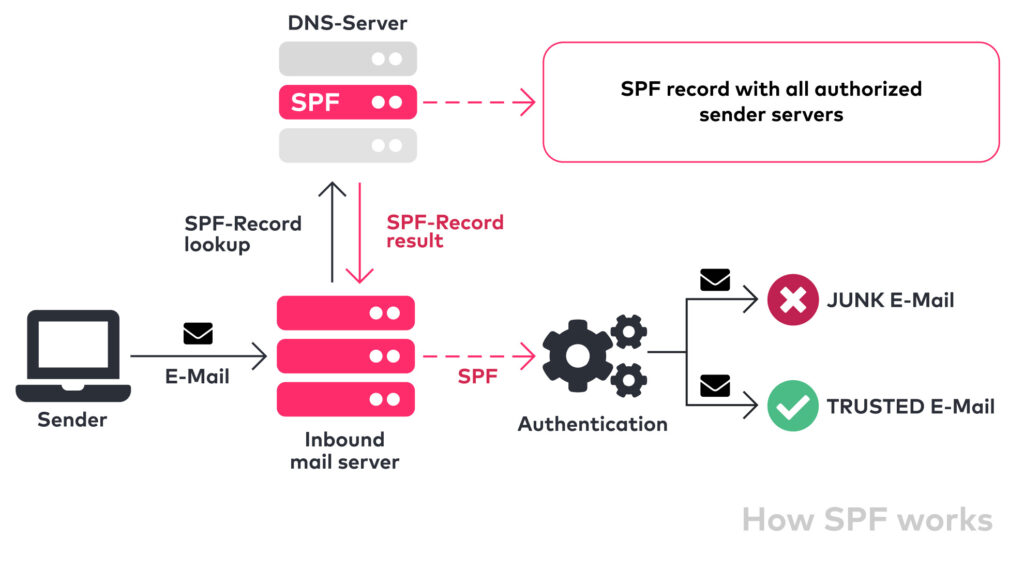
Email security is more critical than ever, and SPF records play a vital role in protecting our domains from being spoofed. SPF, or Sender Policy Framework, is an email validation system designed to prevent spammers from sending messages on behalf of our domain. By specifying which mail servers are allowed to send email for our domain, SPF helps ensure that our emails land in the right inboxes and
